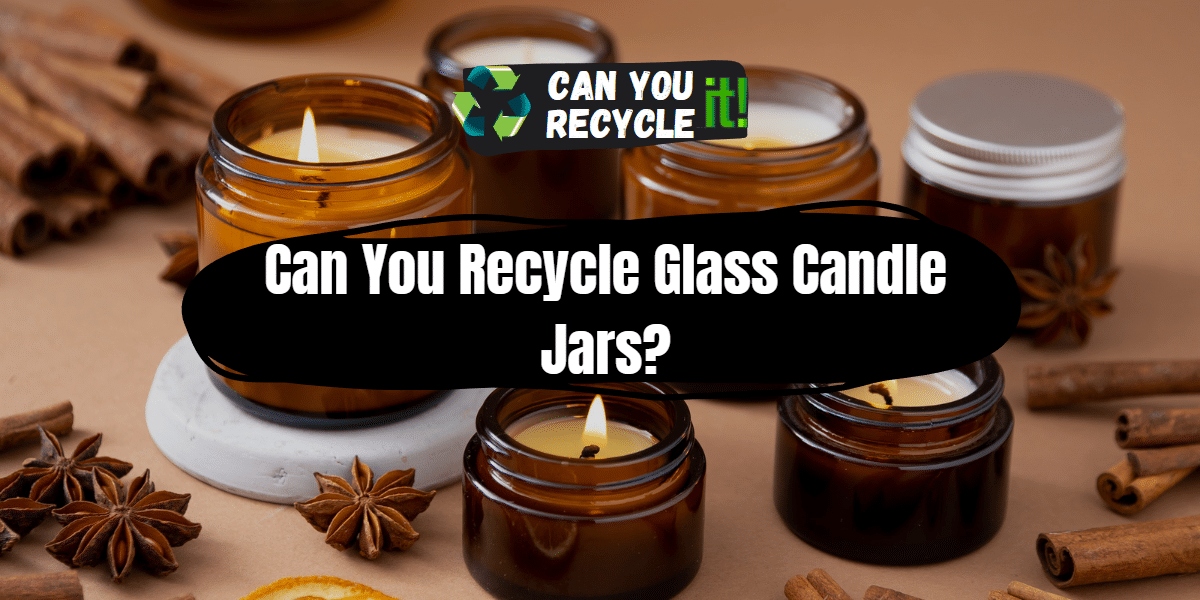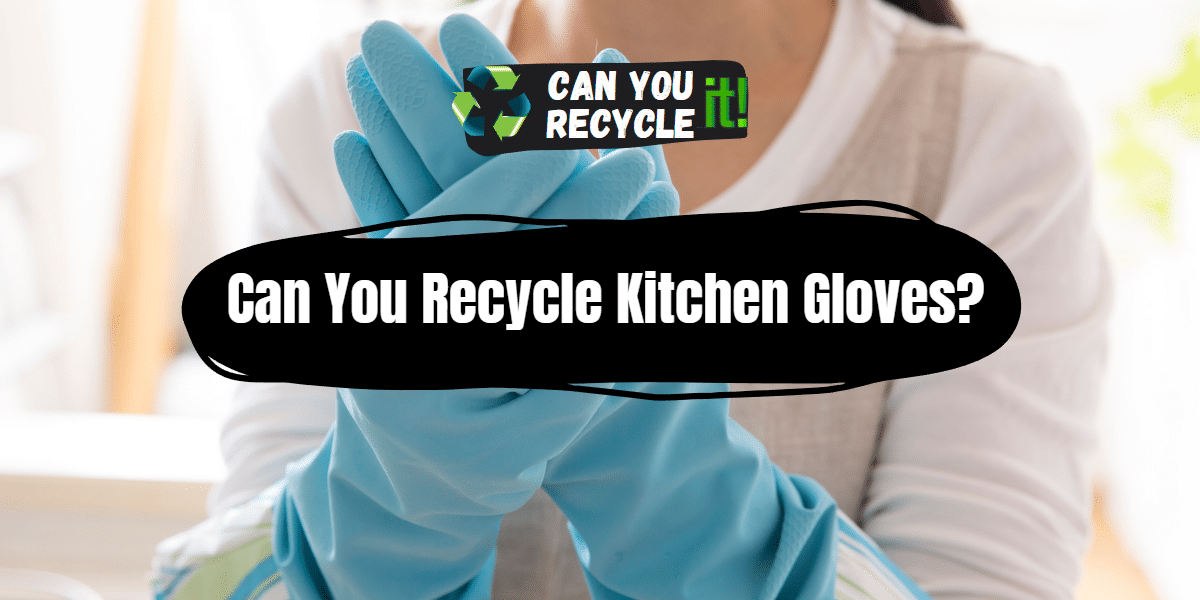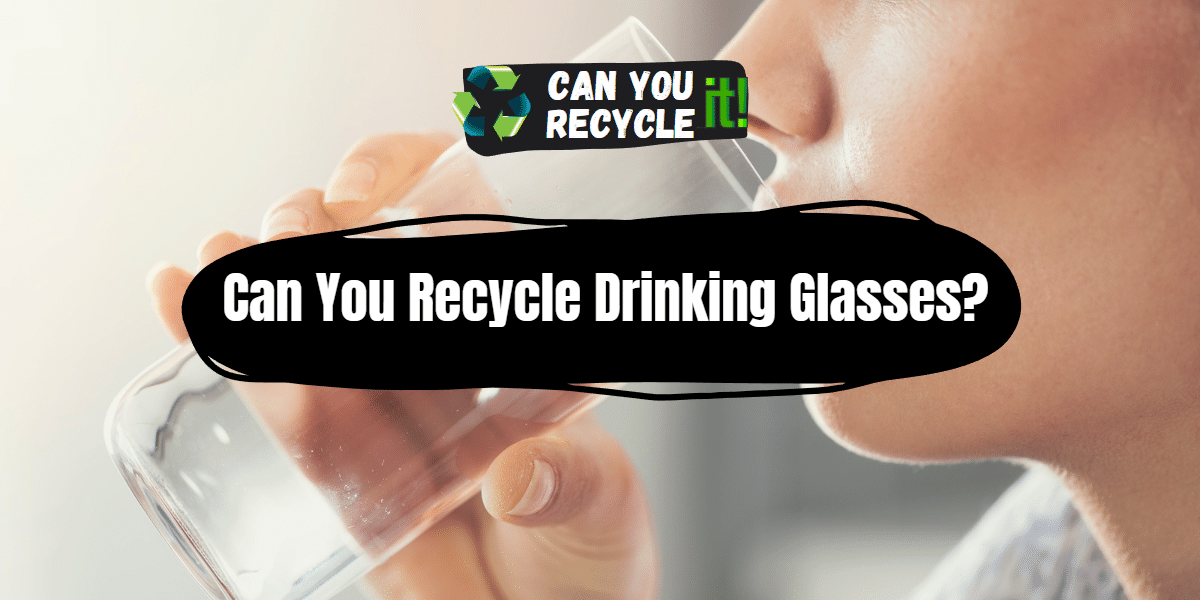Yes, magazines can be recycled. Most magazines are made from paper, which is a highly recyclable material.
However, it’s crucial to consider a few factors before recycling your magazines to ensure proper recycling practices and maximize their environmental impact.
In today’s digital age, magazines continue to hold a special place in our lives. As we strive to be more environmentally conscious, recycling plays a vital role in reducing waste. This article will delve into the question, “Can you recycle magazines?” We will explore the dos and don’ts of magazine recycling, provide a step-by-step guide to recycling magazines, discuss alternative options for non-recyclable magazines, examine the environmental impact of recycling, answer frequently asked questions, and conclude with final thoughts on this critical topic.
Table of Contents
Do’s and Don’ts
To effectively recycle magazines, keep the following dos and don’ts in mind:
Dos
- Do: Remove any non-paper components, such as plastic inserts, CDs, or promotional samples, as these may not be recyclable.
- Do: Check with your local recycling guidelines to determine if magazines need to be separated from other types of paper or if they can be recycled together.
- Do: Consider donating magazines to schools, libraries, hospitals, or local organizations before recycling them. Reusing magazines can extend their lifespan and reduce waste.
Don’ts
- Don’t: Include magazines with excessive amounts of tape, stickers, or glue, as these may contaminate the recycling process.
- Don’t: Place magazines in plastic bags before recycling. Plastic bags can cause issues at recycling facilities and should be recycled separately.
5-Step Guide to Recycle Magazines
Here is a simple 5-step guide to help you recycle your magazines effectively:
Step 1
Remove any non-paper components, such as plastic inserts or CDs, from the magazines.
Step 2
Check with your local recycling guidelines to determine if magazines need to be sorted separately from other paper or if they can be recycled together.
Step 3
Keep magazines dry and free from excessive tape, stickers, or glue.
Step 4
Bundle the magazines together using twine or a biodegradable rubber band. This helps prevent them from scattering during transportation.
Step 5
Place the bundled magazines in your designated recycling bin or take them to a local recycling center.
By following these steps, you contribute to the recycling efforts and help reduce the environmental impact of paper waste.
What to Do With Non-Recyclable Magazines?
While recycling is the preferred option for magazines, there may be instances where recycling is not possible or recommended. In such cases, consider these alternative options for non-recyclable magazines:
- Creative Reuse: Use magazine pages for arts and crafts projects, such as collages, paper beads, or gift wrapping.
- Donation: Donate magazines to local schools, community centers, or nursing homes where they can be enjoyed by others before being recycled.
- Composting: If the magazines are made from non-glossy paper and have no coatings or inks that could be harmful, they can be added to your compost pile.
Exploring these alternative options ensures that your non-recyclable magazines still find value before eventually being discarded.
Environmental Impact of Recycling Magazines
Recycling magazines provides several environmental benefits:
- Resource Conservation: By recycling magazines, we reduce the demand for new paper production, which saves trees and conserves water and energy resources.
- Reduced Landfill Waste: Recycling magazines prevent them from ending up in landfills, where they would emit harmful greenhouse gases as they decompose.
- Energy Savings: The recycling process consumes less energy compared to manufacturing paper from virgin materials, resulting in a reduced carbon footprint.
By choosing to recycle magazines, we contribute to a sustainable future and promote responsible waste management practices.
FAQs for Can You Recycle Magazines
Can glossy magazines be recycled?
In most cases, glossy magazines can be recycled. However, check with your local recycling guidelines, as some facilities may have specific instructions for glossy paper recycling.
Are there any specific requirements for recycling magazines?
While requirements may vary depending on your location, removing any non-paper inserts or samples before recycling magazines is generally recommended.
Can I recycle magazines with torn or damaged pages?
Mild damage or tears are generally acceptable for recycling. However, if the magazines are severely damaged or water-damaged, it’s best to contact your local recycling facility for guidance.
Are there any restrictions on the number of magazines I can recycle?
Recycling quantities may vary by location. Check with your local recycling guidelines or facility to ensure compliance with any limitations.
Conclusion and final thoughts 💭
Recycling magazines is a small but impactful step toward a greener future. By following the dos and don’ts of magazine recycling, we can ensure that these valuable resources are repurposed and contribute to the reduction of waste. Remember, even if recycling is not an option, there are alternative ways to give magazines a new life. Let’s embrace responsible waste management practices and work together to create a more sustainable and environmentally conscious world.





Leave a Reply